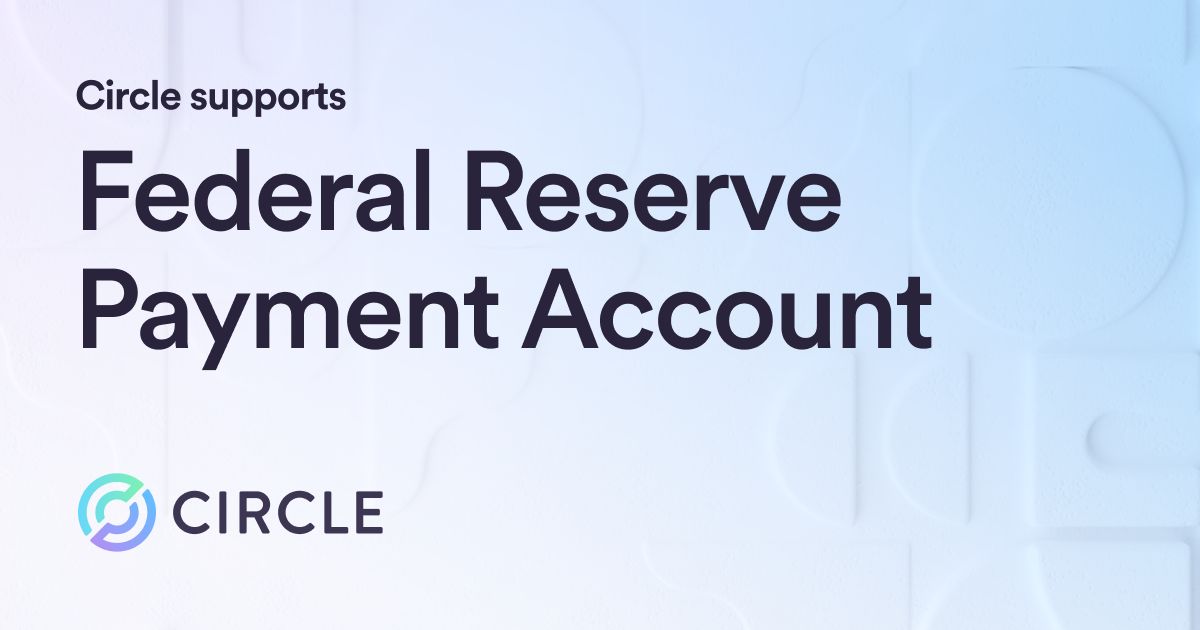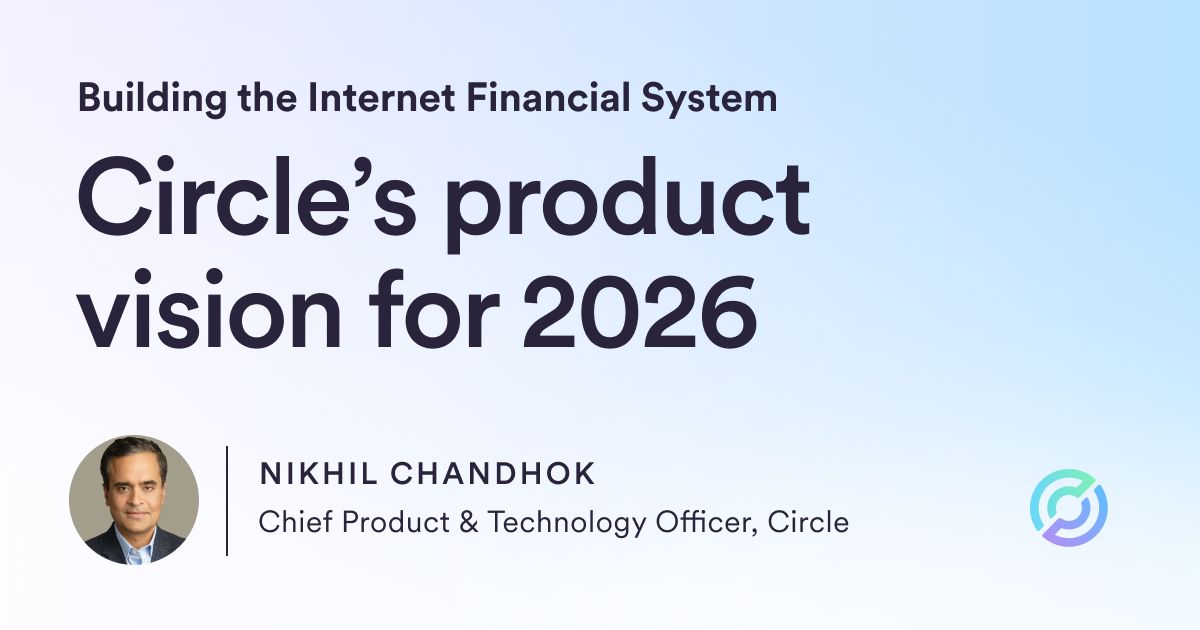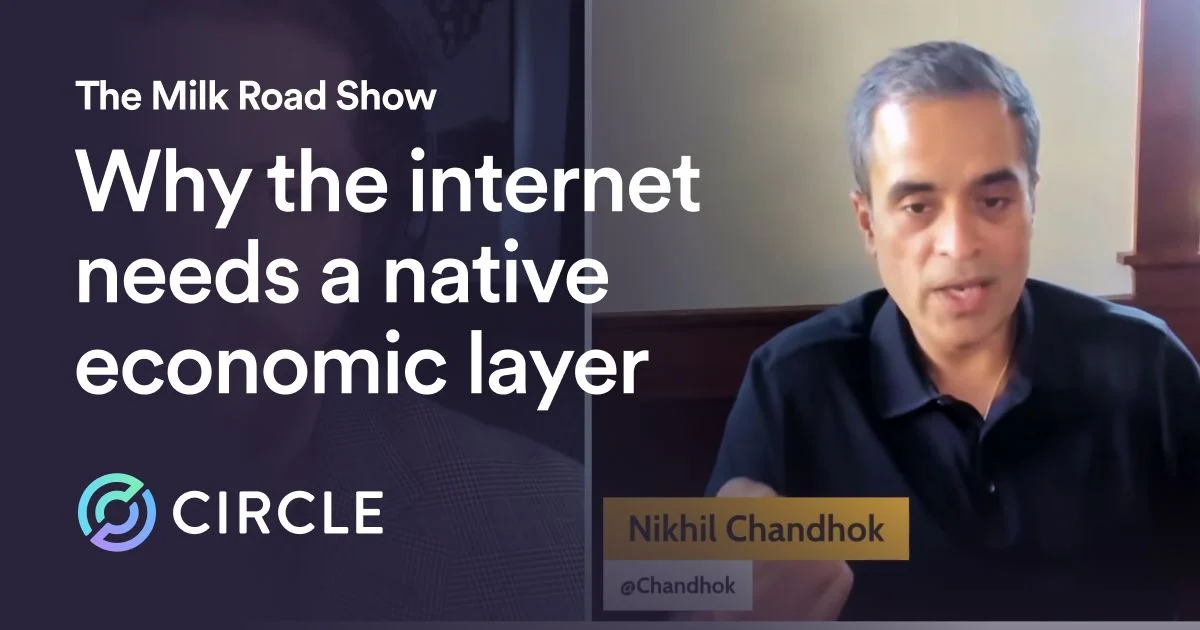Circle’s Sr. Director of Global Policy and Regulatory Strategy, Caroline Hill, testified before members of the House Financial Services Subcommittee on combating illicit finance activity in the blockchain space.

On February 15, Caroline HIll, Circle’s Senior Director of Global Policy and Regulatory Strategy, testified before the House Financial Services Subcommittee on Digital Assets, Financial Technology, and Inclusion on ways to combat illicit finance activity in the blockchain space.
Policymakers from across the political spectrum have increasingly focused on illicit finance and the intersection with unregulated virtual asset service providers to push for strengthening anti-money laundering and countering the financing of terrorism (AML/CFT) rules applying to crypto. Caroline’s expert testimony not only distinguishes Circle’s voice as a compliance leader but also reinforces the importance of a regulatory regime for dollar-backed payment stablecoins.
Coming at a pivotal time for the policy debate around illicit finance, and as stablecoin legislation negotiations continue to progress, key themes from Caroline’s testimony included:
- Digital assets serve as an enhancement to the restrictive and fragmented payments systems, bringing nearly instant, 24/7 settlement to the everyday consumer. The U.S. government - through its policies and regulations - can do more to support these innovations and harness the power of blockchains.
- Circle has differentiated itself through a regulatory-first approach and has demonstrated a compliance track record that has exported stability, rule of law, and respect for AML/CFT standards to the broader digital assets market.
- The US government should consider ways to strengthen the role of the US dollar in the future, including supporting US-led innovation and initiatives to make the dollar the base currency of digital assets. Regulated, USD-denominated payment stablecoins like USDC import robust compliance measures and the US rule-of-law to the digital asset space.
- More broadly, supporting the development of digital identity tools and international standards around digital identity management would aid both the private sector and US government in the detection and reporting of illicit financial activity.
Caroline’s expert testimony drew from her deep professional experience at the U.S. Treasury Department – first as an OFAC sanctions investigator and then in international policy roles – where she saw firsthand the role and importance that compliant financial institutions, like Circle, play in detecting and disrupting illicit finance.
A recording of the hearing and access to written testimony can be found here.




